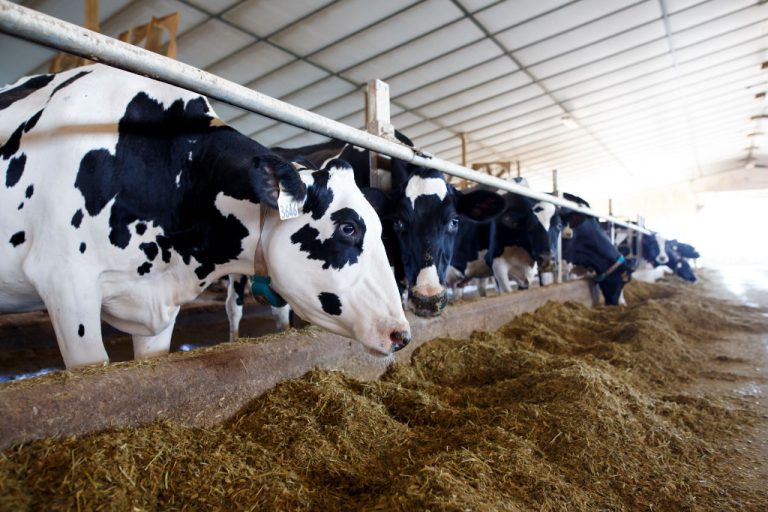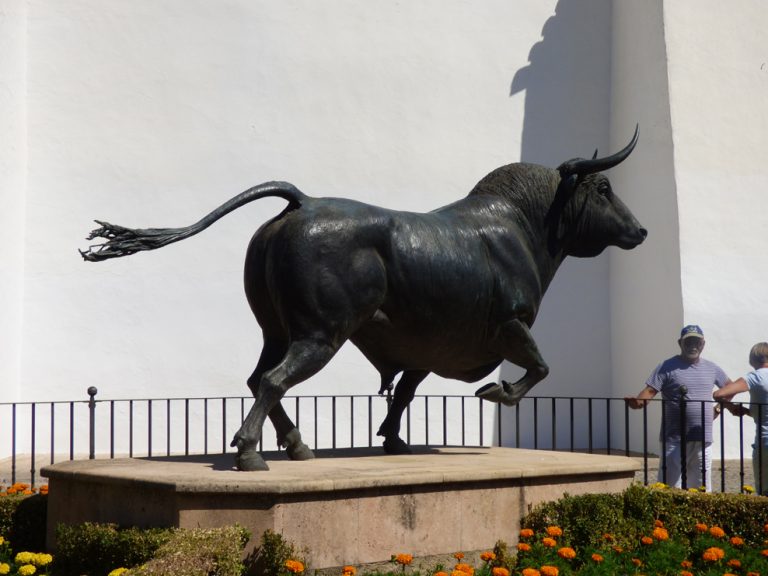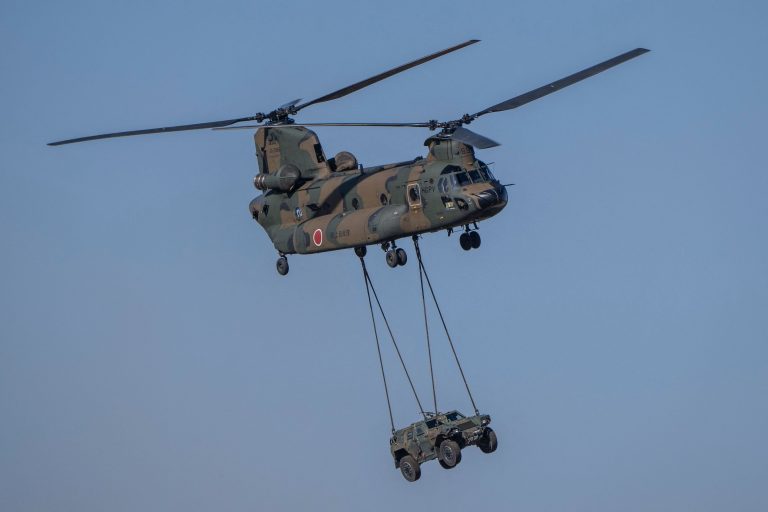According to Ali Dehghantanha, an Associate Professor at the School of Computer Science at Guelph University in Ontario, Canada, and who runs the Cyber Science Lab at the university, farm operations in Canada are under almost constant cyber attack by foreign adversaries including Russia, Iran, China and North Korea, Post Media has revealed.
Over the past year Dehghantanha says that his team of engineers and computer scientists have responded to dozens of reports of cyber attacks on farming and food production operations around southwestern Ontario and that the attacks are growing more sophisticated.
Hackers have evolved past simply sending sketchy links that result in data being locked out and have now figured out how to gain access to control systems within operations and threaten to kill livestock or destroy crops.
Dehghantanha told Post Media that last year he received at least 50 calls from the food industry concerning hacked operations and that made him realize that the attacks may be one of the most glaring cracks in Canada’s national defense.
“They’ve just become so common. Every week, I would say, we are getting contacted by farmers or food companies. It’s one of the soft bellies of our critical infrastructure,” Dehghantanha said.
Success
You are now signed up for our newsletter
Success
Check your email to complete sign up
Last month, Alia Tayyeb, deputy chief of signals intelligence at the Communications Security Establishment (CSE) told the Canadian House of Commons that the severity of cybercrimes against Canada’s critical infrastructure is “growing exponentially.”
Post Media is reporting that a rise in the frequency of attacks was noticed following Russia’s invasion of Ukraine, indicating that Russian hackers may be one of the primary culprits.
The CSE recently warned that Russia-backed hackers are “exploring options for potential counterattacks” on critical infrastructure in Canada and other NATO countries.
‘Waiting for disaster’
“I think we are all waiting for disaster,” Dehghantanha told Post Media.
As farm operations became more and more complex and shifted much of their technical operations online they have become targets for an array of different types of hacks.
Bad actors have learned how to compromise networks of remote monitors that measure soil moisture, or robotic milkers that can detect infection in dairy cows and other environmental control systems that maintain temperature or filter air inside structures.
“A hacker could gain control of a thermostat and threaten to turn up the heat and kill an entire flock of chickens,” Post Media reported.
Evan Fraser, the director of the Arrell Food Institute at the University of Guelph, told Post Media, “These are all systems that we explicitly depend on every single day, and they have become extremely vulnerable to manipulation of all sorts,” adding that, “They’re vulnerable because we haven’t thought carefully about security of how we set these systems up. I mean, it’s truly terrifying, to be honest.”
In a 2018 report, the U.S. Department of Homeland Security (DHS) identified several hypothetical scenarios where hackers could compromise food industry operations including one scenario where a hacker steals data on the health of a large livestock herd.
“They modify the data to look like the herds have foot and mouth disease, and dump the data on the internet,” the report read. In this scenario it would take weeks for lab results to come back indicating that the outbreak was fake, but not before causing trade issues or undermining confidence in the safety of the food chain.
Another scenario involves hackers manipulating moisture sensors, triggering a flood that would destroy crops.
READ MORE:
- New York-based Chinese ‘Organized Crime’ Group Steals Identity of 3,000+ Asian Texans
- Communist China Once Again Hacks US Government, Japan
- Beijing-linked Hacking Group Behind Attack on Finnish Parliament, Chinese Students May Be Spies
Foreign-backed espionage
Mohamad Yaghi, agriculture and climate policy lead at the Royal Bank of Canada, told Post Media that not all hackers are looking to destabilize operations, but are more interested in harvesting data about new agricultural innovations.
“There’s a lot of innovation happening in ag in Canada. So, we are at risk from foreign-backed espionage,” Yaghi said.
In the CSE’s latest report, the National Cyber Threat Assessment report, the CSE said that state-sponsored hackers are unlikely to destroy critical infrastructure in Canada unless Canada is seen as committing direct hostility with an adversarial state.
In a late February email to Post Media, Kyla Borden, a CSE spokesperson said, “In the absence of a significant escalation in international hostilities, we assess it is unlikely that state-sponsored actors will intentionally seek to disrupt Canadian critical infrastructure and cause major damage or loss of life.”
The alarm is being raised following several high-profile attacks last year including an attack on Maple Leaf Foods Inc., one of Canada’s largest meat packers, and another attack on Empire Co. Ltd. Canada’s second-largest grocery chain which experienced an “intrusion” that cost the company an estimated $25 million (US$18.11 million).
John Hewie, a national security officer with Microsoft Corp., who refers to attacks on larger operations as “big-game hunting” told Post Media that multiple attacks on smaller operations can pose significant risk as well.
“[Smaller operations] weren’t necessarily designed with security in mind. If you manipulated a temperature sensor or an HVAC system in a huge industrial greenhouse, or a poultry farm and all of a sudden destroy all that livestock and you’re able to do that across a bunch of different systems, that could disrupt the food supply.”
















